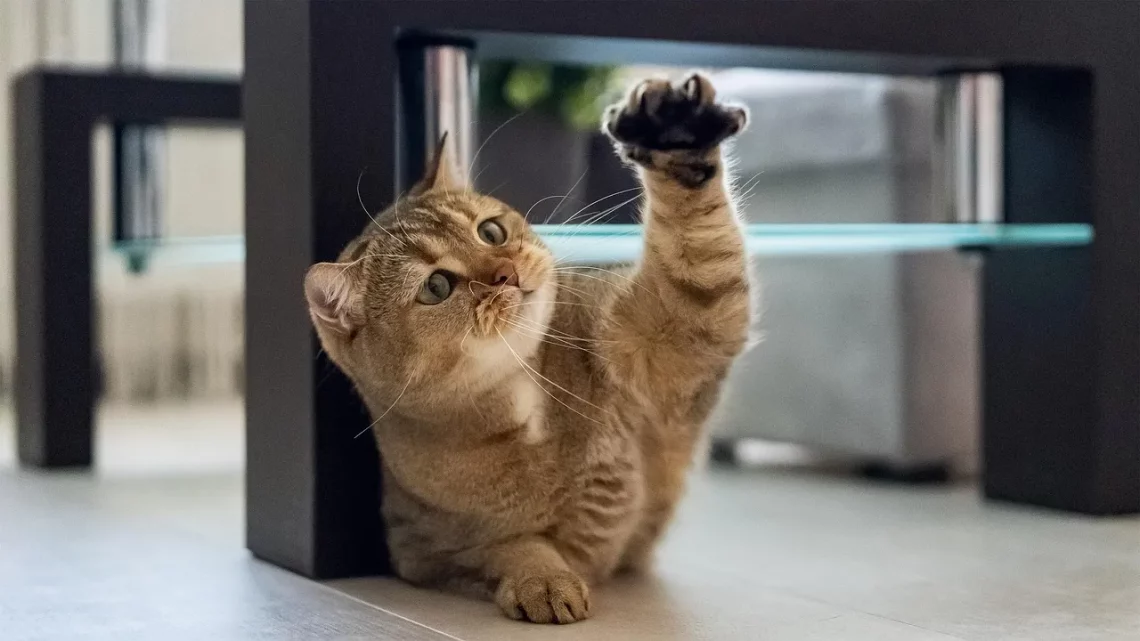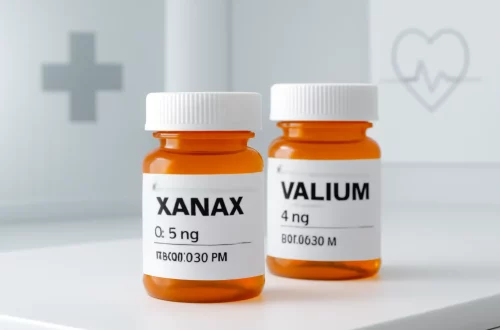
Understanding Chinchilla Teeth: Care and Maintenance Tips
Chinchillas are charming and unique pets known for their soft fur and playful nature. However, one aspect of chinchilla care that often goes overlooked is dental health. Like many small mammals, chinchillas have continuously growing teeth that require regular maintenance to ensure they remain healthy. Proper care of a chinchilla’s teeth is essential not only for their comfort but also for their overall well-being. Issues with dental health can lead to significant complications, including pain, infection, and even systemic health problems if not addressed promptly.
Understanding the anatomy of chinchilla teeth and how they grow can help pet owners provide better care. Unlike humans, chinchillas have a set of four incisors at the front, which are used for gnawing and nibbling. Their molars, located further back in the mouth, play a crucial role in grinding their food. Due to their unique digestive systems, chinchillas require a diet high in fiber, which helps prevent dental issues. Neglecting dental care can lead to malocclusion, where the teeth do not align properly, causing pain and difficulty eating.
In this article, we will delve into various aspects of chinchilla dental health, from the importance of diet to signs of dental problems and effective care techniques. By understanding these elements, chinchilla owners can ensure their pets lead healthy, happy lives.
Importance of a Balanced Diet for Dental Health
A balanced diet is fundamental for maintaining the dental health of chinchillas. Their teeth are designed to wear down naturally through the chewing of fibrous materials. In the wild, chinchillas consume a variety of grasses and plants, which help to keep their teeth at the appropriate length and shape. When pet owners provide a diet lacking in fiber or high in sugary treats, it can lead to dental problems.
The primary component of a chinchilla’s diet should be high-quality hay. Timothy hay or orchard grass hay are excellent choices, as they are rich in fiber and help wear down the teeth effectively. Avoid hays that are too soft, as they may not provide the necessary abrasion to keep teeth healthy. Fresh hay should be available at all times, allowing chinchillas to graze as they please.
In addition to hay, chinchillas can benefit from a small amount of specially formulated pellets designed for their dietary needs. These pellets should be high in fiber and low in fat and sugar. Overfeeding pellets can lead to obesity and dental issues, so it’s important to measure portions carefully.
While fresh fruits and vegetables can be given as occasional treats, they should be provided sparingly. The high sugar content in many fruits can contribute to dental decay and other health issues. Instead, consider offering dried herbs or small pieces of safe, crunchy treats that can help with tooth maintenance without the drawbacks of sugar.
Overall, a balanced diet rich in hay and low in sugary treats is essential for maintaining the dental health of chinchillas. Pet owners should make it a priority to monitor their chinchilla’s diet closely to ensure it meets these guidelines.
Signs of Dental Problems in Chinchillas
Recognizing the signs of dental problems in chinchillas is crucial for timely intervention and treatment. Early detection can prevent more serious health issues from developing. Chinchillas are skilled at hiding discomfort, so it’s important for owners to be vigilant about their behavior and eating habits.
One of the first signs of dental issues is a change in eating behavior. If a chinchilla begins to eat less or seems to struggle with chewing food, it may indicate that something is wrong with its teeth. Watch for signs of discomfort, such as pawing at the mouth or excessive drooling. These behaviors can suggest dental pain or malocclusion, where the teeth do not align properly.
Another common sign of potential dental problems is weight loss. If a chinchilla is not eating properly due to dental pain, it may lose weight rapidly. Regularly weighing your chinchilla can help you keep track of any sudden changes in weight that could signal a health issue.
Additionally, observe your chinchilla’s teeth closely, if possible. Healthy chinchilla teeth should be straight and free of discoloration or overgrowth. If you notice any abnormalities, such as teeth that appear too long or crooked, it is essential to seek veterinary care.
Behavior changes can also indicate dental issues. A chinchilla that is normally playful may become lethargic or irritable if it is in pain. Changes in grooming habits can also be a sign of discomfort; if a chinchilla stops grooming itself, it could be due to dental pain affecting its ability to eat or drink.
Overall, being attentive to your chinchilla’s eating habits, weight, and behavior can help you identify dental problems early and seek the appropriate care.
Effective Dental Care Techniques
Maintaining your chinchilla’s dental health involves regular check-ups and effective dental care techniques at home. While it is essential to monitor their diet and recognize signs of dental problems, there are proactive steps pet owners can take to ensure their chinchilla’s teeth remain healthy.
Regular veterinary check-ups are crucial for monitoring your chinchilla’s dental health. A veterinarian experienced in exotic pets can perform thorough dental examinations and provide professional cleaning if necessary. During these examinations, the vet can identify early signs of dental problems that may not be visible to the owner.
At home, you can encourage natural tooth wear by providing plenty of chew toys made from safe materials. Wooden toys, pumice stones, and natural branches are excellent options. These items can help wear down the teeth and keep them at a healthy length. Be sure to avoid treated wood or toys with toxic substances, as chinchillas are sensitive to chemicals.
It’s also essential to provide fresh hay daily, as mentioned earlier. Ensure that the hay is free from mold and dust, as these can lead to respiratory problems and affect overall health. Regularly cleaning the chinchilla’s living area will help maintain a healthy environment and reduce the risk of infections that could affect dental health.
In addition, consider incorporating dental treats specifically designed for chinchillas. These treats can help promote dental health while providing a fun activity for your pet. Ensure that any treats you choose are appropriate for chinchillas and do not contain harmful ingredients.
In summary, effective dental care involves a combination of veterinary check-ups, a balanced diet, safe chew toys, and regular monitoring. By taking these proactive steps, you can help ensure your chinchilla maintains optimal dental health.
**Disclaimer**: This article is for informational purposes only and does not constitute medical advice. If you suspect your chinchilla has dental or health issues, please consult a qualified veterinarian for professional guidance.




